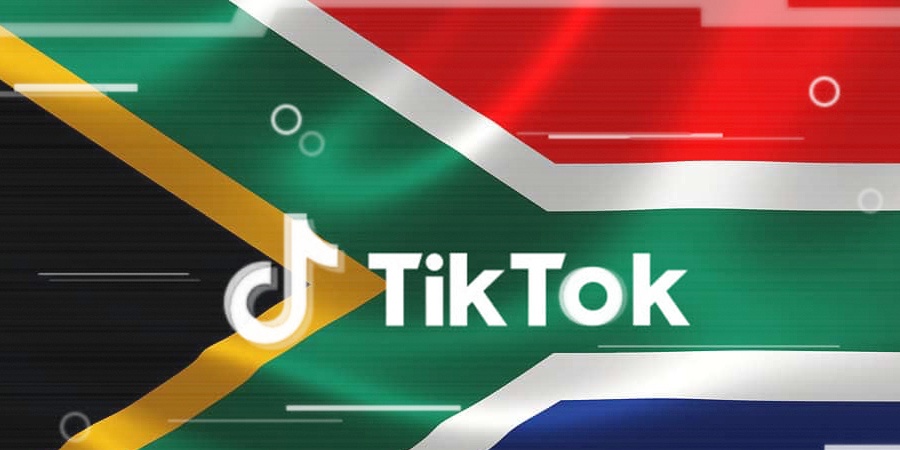TikTok to cut jobs in Africa
TikTok's layoffs in Africa are not alone.
On August 13th, another tech giant announced layoffs.
Media reports disclosed that the social media giant TikTok carried out layoffs in its African team in June, involving content operations, marketing, and trust and safety teams.
TikTok's layoffs in Africa are not an isolated case.
Since the beginning of this year, TikTok has been making multiple business adjustments globally. In May, there were reports that TikTok planned to carry out large-scale layoffs worldwide and disband the global user operations team. Although TikTok refused to comment on this matter, a senior executive revealed to foreign media that these changes are necessary adjustments made after continuous business assessments, not a reaction to any specific event.
In a late night in May, TikTok suddenly notified employees that some positions in global user operations, content, and marketing would be cut, with the majority of 1,000 employees being laid off, and the global user operations team was even completely disbanded. Even employees who narrowly escaped layoffs could not work in their original positions but were transferred to other teams such as content safety, product, and marketing.
Sources say that compared to May, ByteDance's layoffs in June were larger, affecting employees in content operations, marketing, and trust and safety teams, and it is claimed that more layoffs are expected in the third quarter of 2024.
The situation of layoffs in the African region this time is also quite severe. According to a former TikTok employee, more than half of the employees in TikTok's African team in South Africa and Nigeria were affected. In addition, TikTok had already reduced some positions in the African team in March this year.
So far, TikTok's official still refuses to comment on any part of this matter. However, a senior executive who does not wish to disclose his name revealed to the media: these changes are not a reaction to anything, but necessary adjustments made after continuous business assessments.
Contrary to many people's impressions, Africa is a big market for TikTok. In recent years, TikTok's influence in the African region has been increasing year by year. Especially in countries such as Kenya, Nigeria, and South Africa, the number of TikTok users continues to grow. Data from DataSparkle shows that as of February 2024, the monthly active user base of TikTok in Kenya has approached 4.7 million, and the Lite version has grown to nearly 6 million. In addition, the number of times TikTok is opened per capita in Kenya has surpassed Egypt to top the list, with more than 130 times per month.
TikTok's commercial potential in the African market is also not to be underestimated. Research by Redseer Strategy Consultants shows that during the 2023 holiday shopping season, TikTok became the preferred shopping platform for South African consumers, with 71% of the adult internet population using TikTok to explore and purchase new products. In addition, TikTok has the greatest influence on users' purchasing decisions, with 70% of users saying they have increased their spending on TikTok.
Reducing investment in such a "hot cake" reflects the profit pressure that TikTok faces in the global market. According to media reports in March this year, investors of ByteDance estimate that TikTok lost several billion dollars last year. If ByteDance is ultimately forced to sell the application under pressure, and TikTok needs to survive independently, then its losses may further expand.
The media said that this is the largest layoff in TikTok's history. However, TikTok is not the only company that has carried out large-scale restructuring in Africa. Meta and Microsoft have also reduced the size of their African teams, but they insist that they will continue to invest in Africa.

·Original
Disclaimer: The views in this article are from the original Creator and do not represent the views or position of Hawk Insight. The content of the article is for reference, communication and learning only, and does not constitute investment advice. If it involves copyright issues, please contact us for deletion.